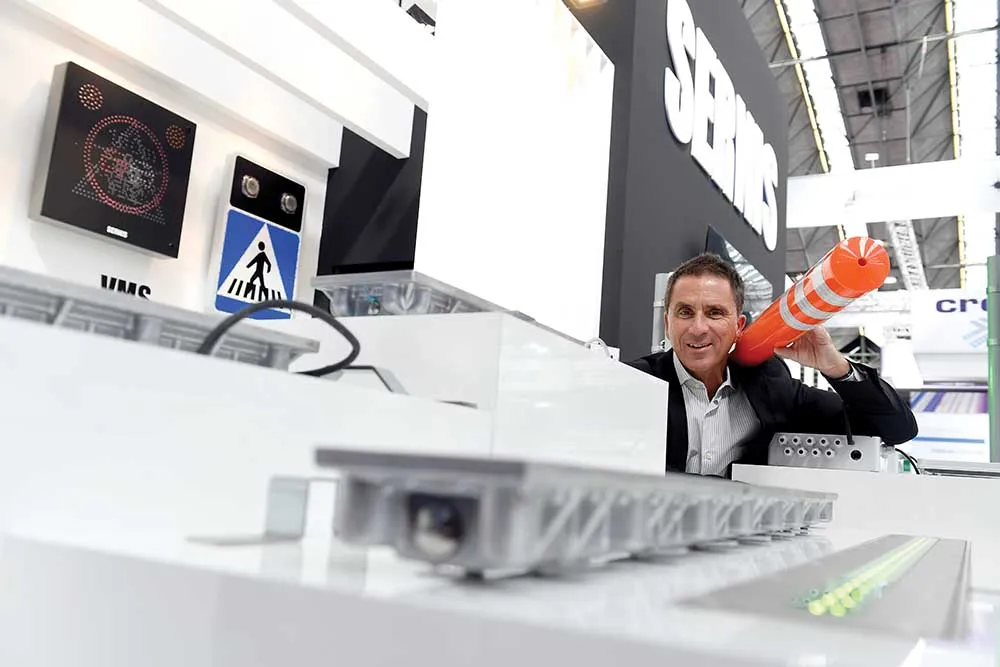Velodyne has released a Lidar solution which it says utilises surround-view technology to meet specifications for autonomous mobility.
By Ben Spencer
February 13, 2020
Read time: 1 min

Velodyne claims Alpha Prime provides a 360-degree perception and a 40-degree vertical field of view while also providing capabilities that help improve vehicle safety and enable more precise mapping.
The solution is expected to detect dark vehicles, low reflectivity pavement and low visibility pedestrians at long distances. The sensor offers advanced negative obstacle detection perception for potholes and cracks in the road as well as high resolution and laser calibration to localise vehicles without a GPS, the company adds.









